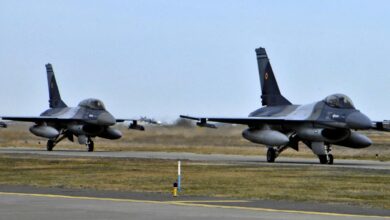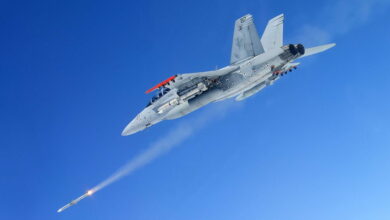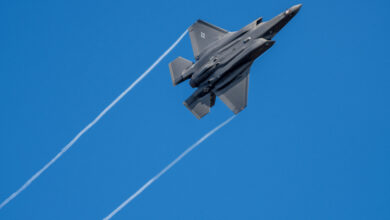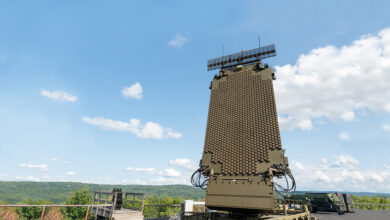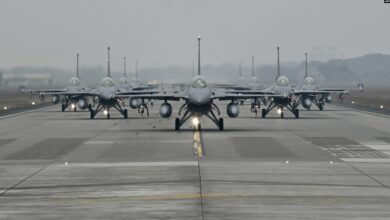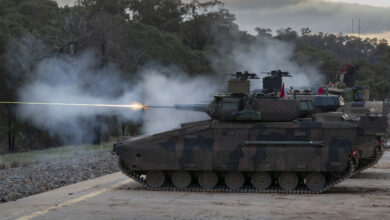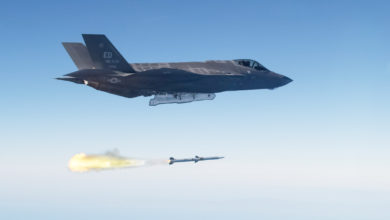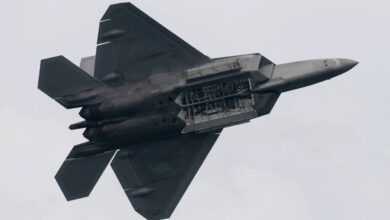Saudi Arabia to buy more than 600 Raytheon-made Joint Standoff Weapons for $302 million
Raytheon has been awarded a $302 million contract to produce 618 AGM-154C glide bombs for Saudi Arabia, the U.S. Department of Defense said in a press release.
The not-to-exceed $302,439,830 modification to an earlier DoD contract is “for the procurement of 618 Joint Standoff Weapon (JSOW) air-to-ground missiles (AGM-154 Block III C), containers, component parts/support equipment (spares) and engineering technical assistance for the government of Saudi Arabia, under the Foreign Military Sales program,” the Tuesday, December 12 release said.
The Defense Department said the majority of work will be performed in the U.S., but 22 percent will be undertaken in Wales and Scotland in the U.K. Production is expected to be completed in June 2022.
Naval Air Systems Command is the contracting activity.
In July 2015, Raytheon was contracted to produce 355 AGM-154 Block III C glide bombs for Saudi Arabia for $123 million and work was expected to be completed in April 2018. A total of 1,200 units were approved for sale to Saudi Arabia by the U.S. State Department in 2013.
The new contract is the second awarded for procurement of the weapon by Gulf states in recent months. In October, Raytheon was awarded a $173 million contract to produce 200 AGM-154 Block III C weapons for Qatar.
AGM-154 medium-range glide bomb
The AGM-154 Joint Standoff Weapon (JSOW) is a low-cost, medium-range precision-guided glide bomb, designed as joint venture between the U.S. Navy and Air Force to engage defended and hardened targets from outside the range of standard anti-aircraft defenses.
On launch, small wings are deployed, allowing the weapon to glide for long distances like an unpowered cruise missile, providing standoff capabilities from 28 km (17.4 miles) for a low-altitude launch to 110 km (68 miles) from a high-altitude launch.
https://www.youtube.com/watch?v=ZQ4ObsZbymc
The JSOW is a “launch and leave” weapon using both GPS and an inertial navigation system, making it capable of day, night and adverse weather operation.
The AGM-154C variant uses an imaging infra-red seeker for terminal guidance. It carries the BROACH two-stage warhead designed to attack hardened targets which was developed for the U.K. by BAE Systems, Thales and QinetiQ. The BROACH contains a WDU-44 shaped augmenting warhead and a WDU-45 follow through bomb.
The Block III upgrade adds a Link-16 weapon data link and moving maritime target capability to the AGM-154C.
Raytheon awarded $173 million contract for 200 JSOW glide bombs for Qatar



